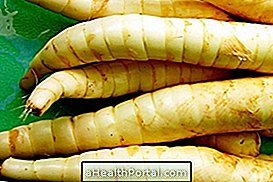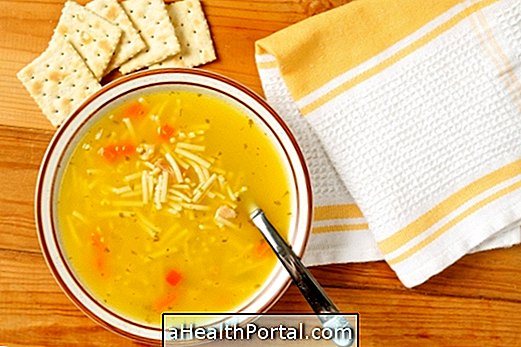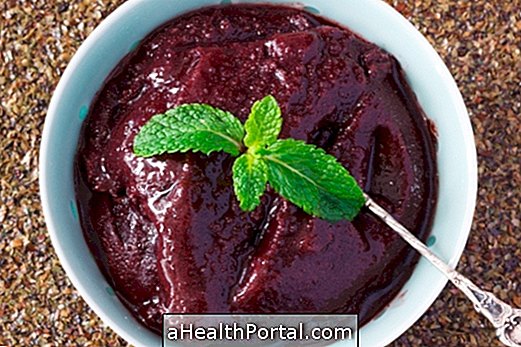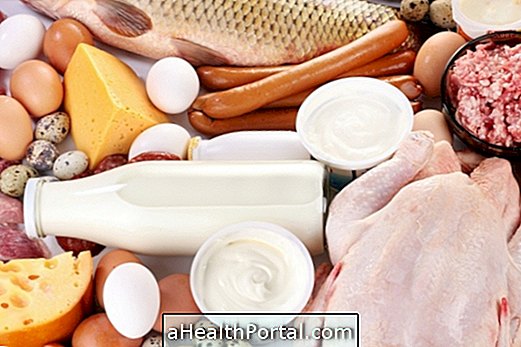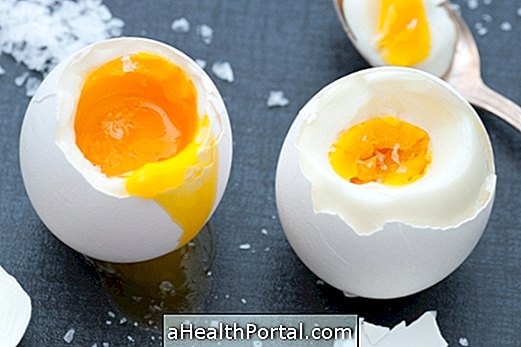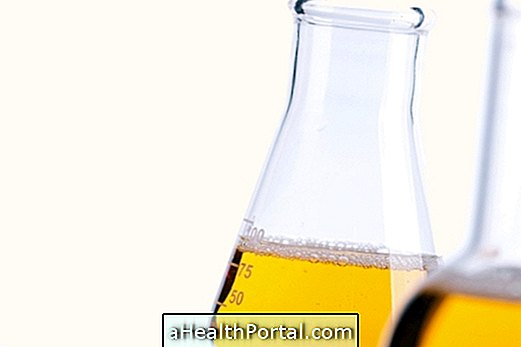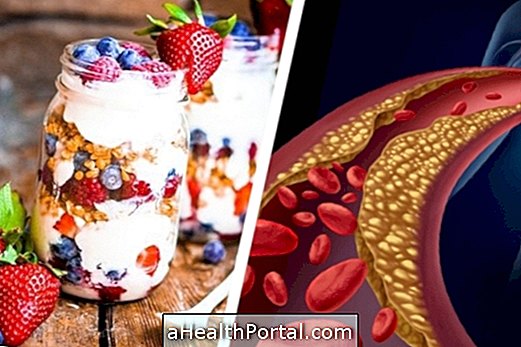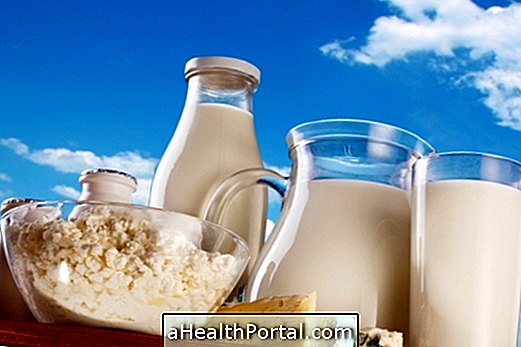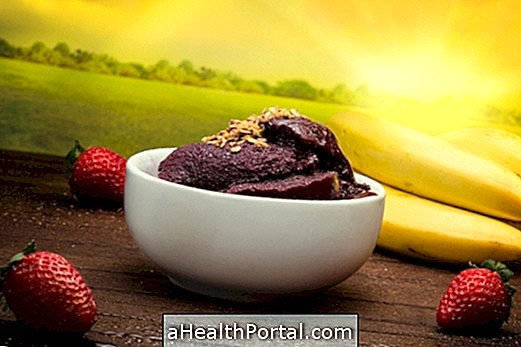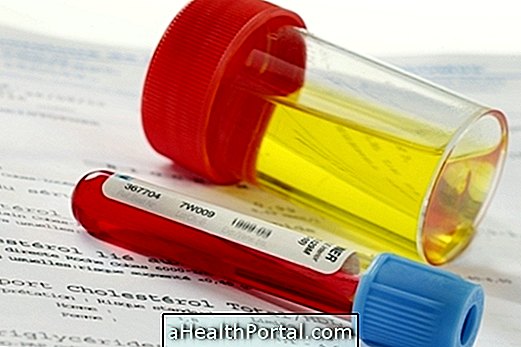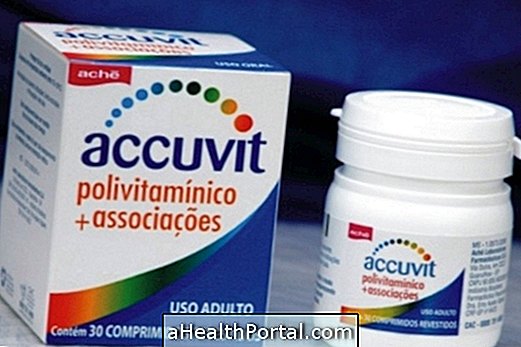Aspartame is a type of artificial sweetener that is especially harmful to people with a genetic disease called phenylketonuria, because it contains the amino acid phenylalanine, a compound prohibited in cases of phenylketonuria.
In addition, excessive consumption of aspartame is also linked to problems such as headache, dizziness, nausea, vomiting, diabetes, attention deficit, Alzheimer's disease, lupus, seizures and fetal malformations, also being linked to the onset of cancer in aspartame. some studies done with rats.

Sweeteners are often used by diabetics as they help avoid sugar consumption, and also by people who want to lose weight, as they give a sweet taste to foods without adding too many calories to the diet.
Recommended quantity
Aspartame can have about 200 times more sugar than sugar, and the maximum amount that can be ingested per day is 40 mg / kg. For an adult, this amounts to about 40 sachets or about 70 drops of sweetener per day. It is important to remember that in many cases excessive consumption of sweeteners occurs through the use of industrialized products rich in such substances, such as soft drinks and diet and light biscuits.
Another important observation that aspartame is unstable when subjected to high temperatures and should not be used during cooking or in preparations going into the oven. See the calories and sweetening power of natural and artificial sweeteners.
Products with aspartame
Aspartame is present in sweeteners such as Zero-Cal, Finn and Gold, as well as being used to sweeten products such as chewing gum, diet and light refreshments, boxed and powdered juices, yogurts, diet and light biscuits, jellies, ready-to-eat teas and some types of coffee powder.
In general, most diet and light products use some type of sweetener to replace sugar and improve the taste of the product, which can cause the individual to consume large amounts of sweeteners without realizing it.
To identify whether or not an industrialized product has a sweetener, read the list of ingredients in the product, which is on the label. Learn How to Read the Food Label in this video:

The safest option to health is to use natural sweeteners like Stevia, so know how to use and ask other questions about Stevia.
